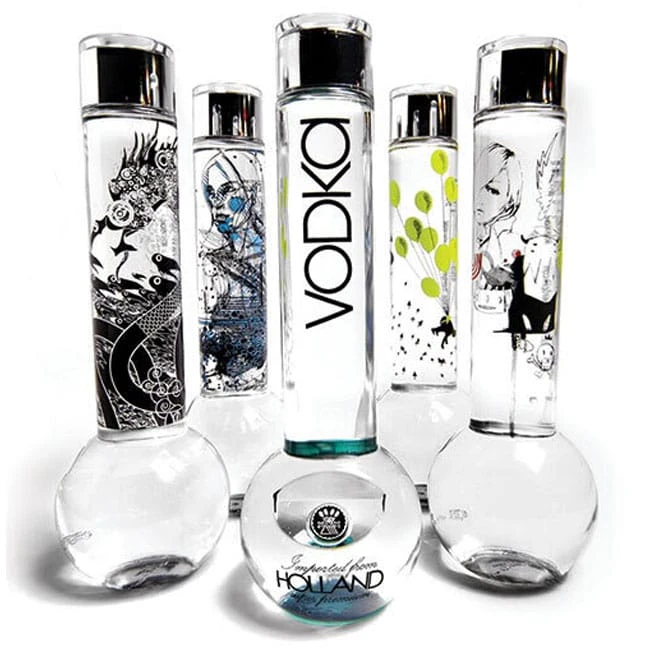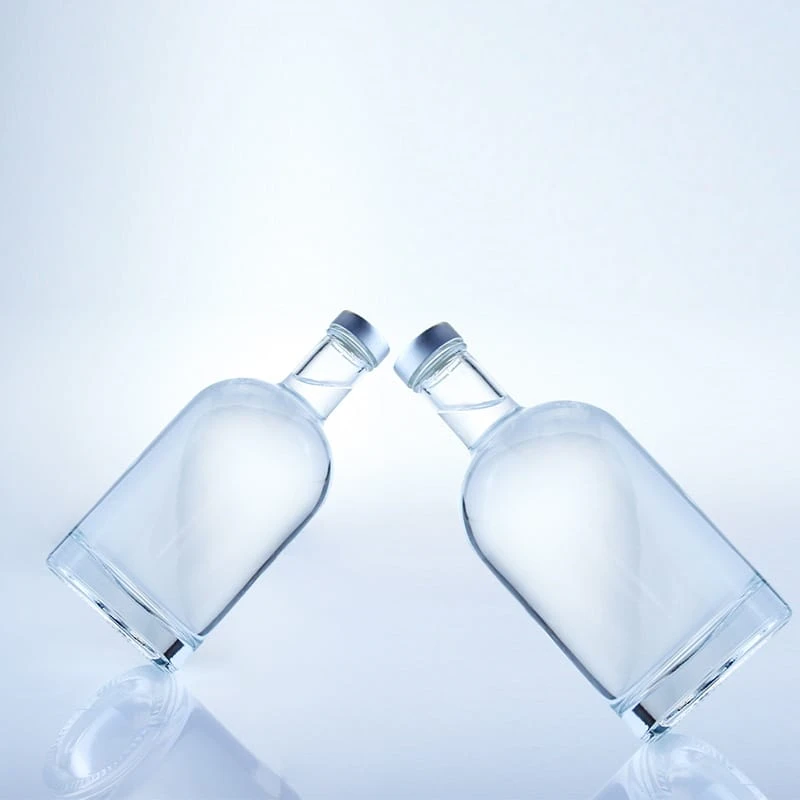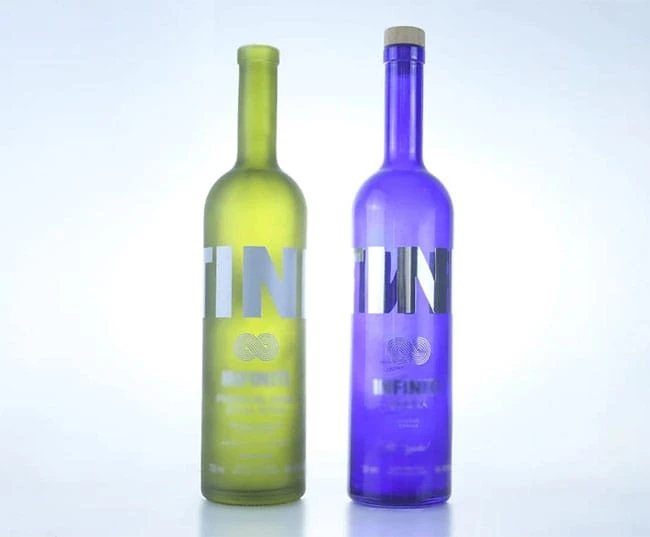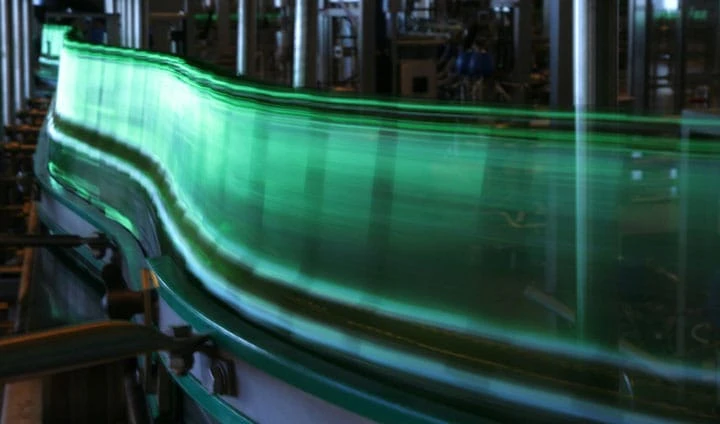Most apple juice commonly found in our daily lives is sold in glass or plastic bottles. However, what is the difference between the two?
Apple juice is a popular sweet beverage, but due to its high sugar content, it can ferment and cause the plastic bottle to expand, potentially leading to a dangerous explosion. Plastic bottles contain toxic substances which can migrate and diffuse more quickly in high temperature environments. Prolonged consumption of water from plastic bottles can increase the risk of cancer. As plastic bottles age, the migration of harmful substances increases. Storing food in plastic bottles can also increase health risks. However, plastic bottles are not easily degradable and can seriously pollute the environment.
Glass bottles are often used for beverages such as apple juice, as they can perfectly preserve the original flavor and prevent gas loss during storage. Glass bottles also have good chemical stability and drink sealing, ensuring the quality of both carbonated and sterilized drinks. Like apple cider vinegar, this type of juice also contains acid and is stored in a glass bottle that has good corrosion and acid etching resistance. It also has unique advantages such as heat resistance, pressure resistance, and cleaning resistance. Glass bottles can be recycled, reducing costs. Therefore, glass bottles are undoubtedly the best packaging option for apple juice.















